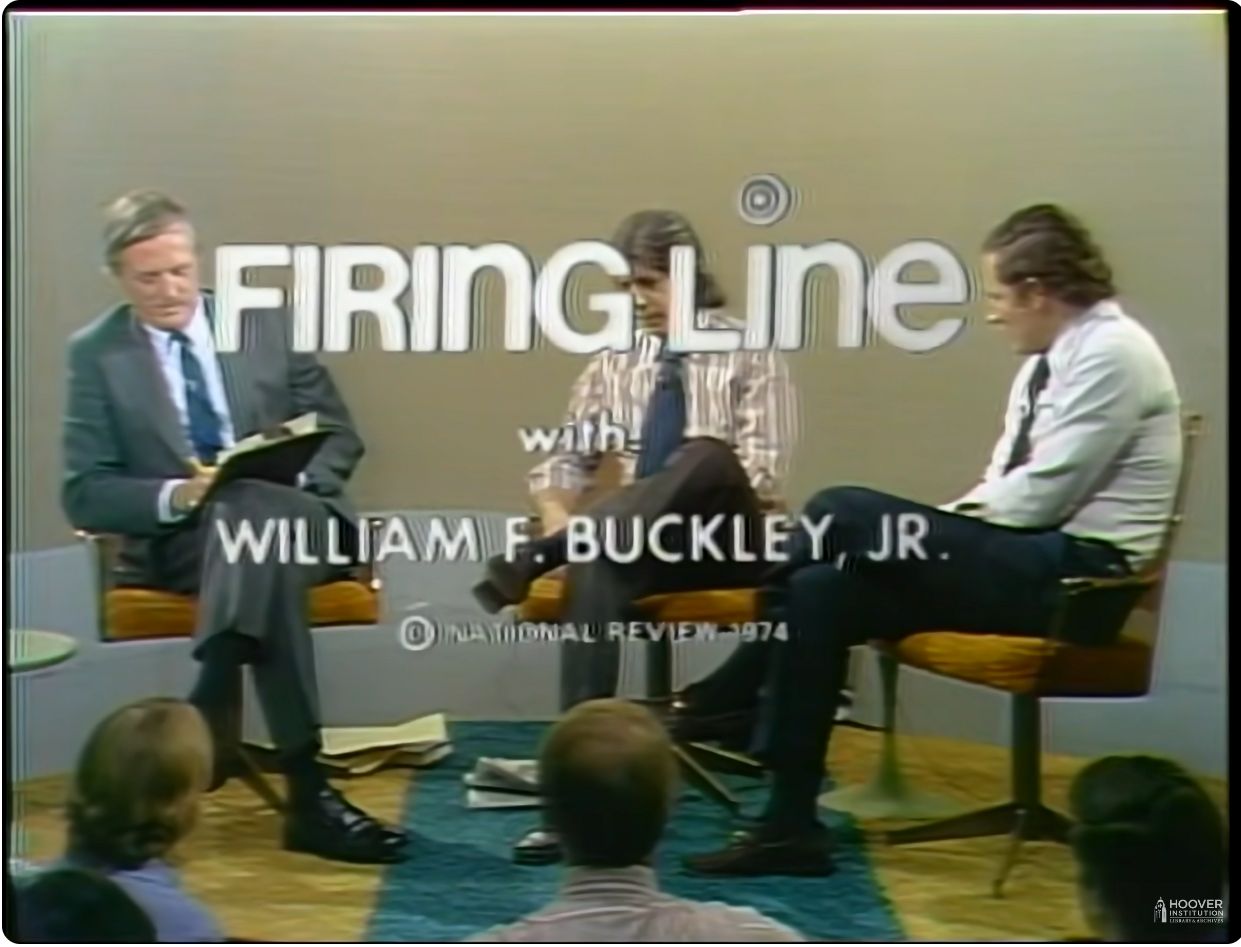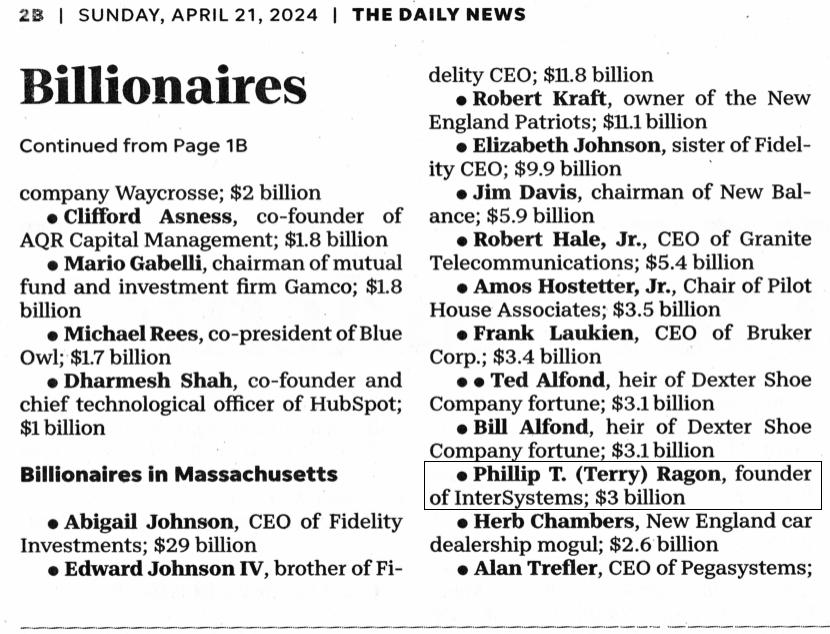I watched another one of the Firing Line videos, made available on YouTube by the Hoover Institution Library. Only one month before Nixon resigned the presidency, William F. Buckley, Jr. sat with Bob Woodward and Carl Bernstein, who were promoting their book, All the President’s Men.
In hindsight, Buckley strikes me as a rather unimpressive pundit and debater. As I saw in the way he handled John Kenneth Galbraith, Buckley would bring up irrelevant and arcane ‘whataboutisms,” or he’d change the subject outright, or he’d resort to small personal digs. With Woodward and Bernstein he fell flat and clearly had trouble when attempting to articulate some inchoate thoughts.
In my post about the American Masters profile of Buckley, I said the only domestic major issue of his time that he got right was Watergate. Now I see that Buckley actually gave Nixon the benefit of the doubt right up to the end. All he really did was accept the inevitability of Nixon falling on his sword.
Woodward and Bernstein were very impressive on Firing Line. While remaining respectful of William F. Buckley, Jr., they held an unwavering advantage over him from the start. They masterfully handled Buckley’s various attempts at redirecting the interview onto irrelevant tangents. Buckley even brought up that favorite right-wing wet dream of Dick Cheney and Antonin Scalia, of the necessity to torture someone who has threatened to blow up a city with a nuclear weapon. Bernstein quickly and directly put the conversation back on track, while Woodward strategically played up to Buckley with some cleverly tailored flattery. Their way of working together can be seen in the famous movie adaptation with Dustin Hoffman and Robert Redford.
To Buckley’s credit, once he finally realized he was outmatched he mostly listened to Woodward and Bernstein. Perhaps it was because of the timeliness of the subject, or maybe Buckley allowed himself to consider the pair his journalist peers, at least for the moment. It’s revealed they turned down Buckley’s first request for a visit, and they almost rejected his second request.
We’re approaching the 50th anniversary of Tricky Dick going down the drain by flying away in a helicopter. Anyone who wants to be reminded of just how good Woodward and Bernstein were at their jobs, or for anyone who doubts their significance in what happened fifty years ago, this is a must-see hour.
As before, I am linking rather than embedding, because of the disclaimers at the start of the video. Clicking the picture will take you there. If the Hoover Institution were serious about their copyright claim, they would not allow their videos to be embedded.



